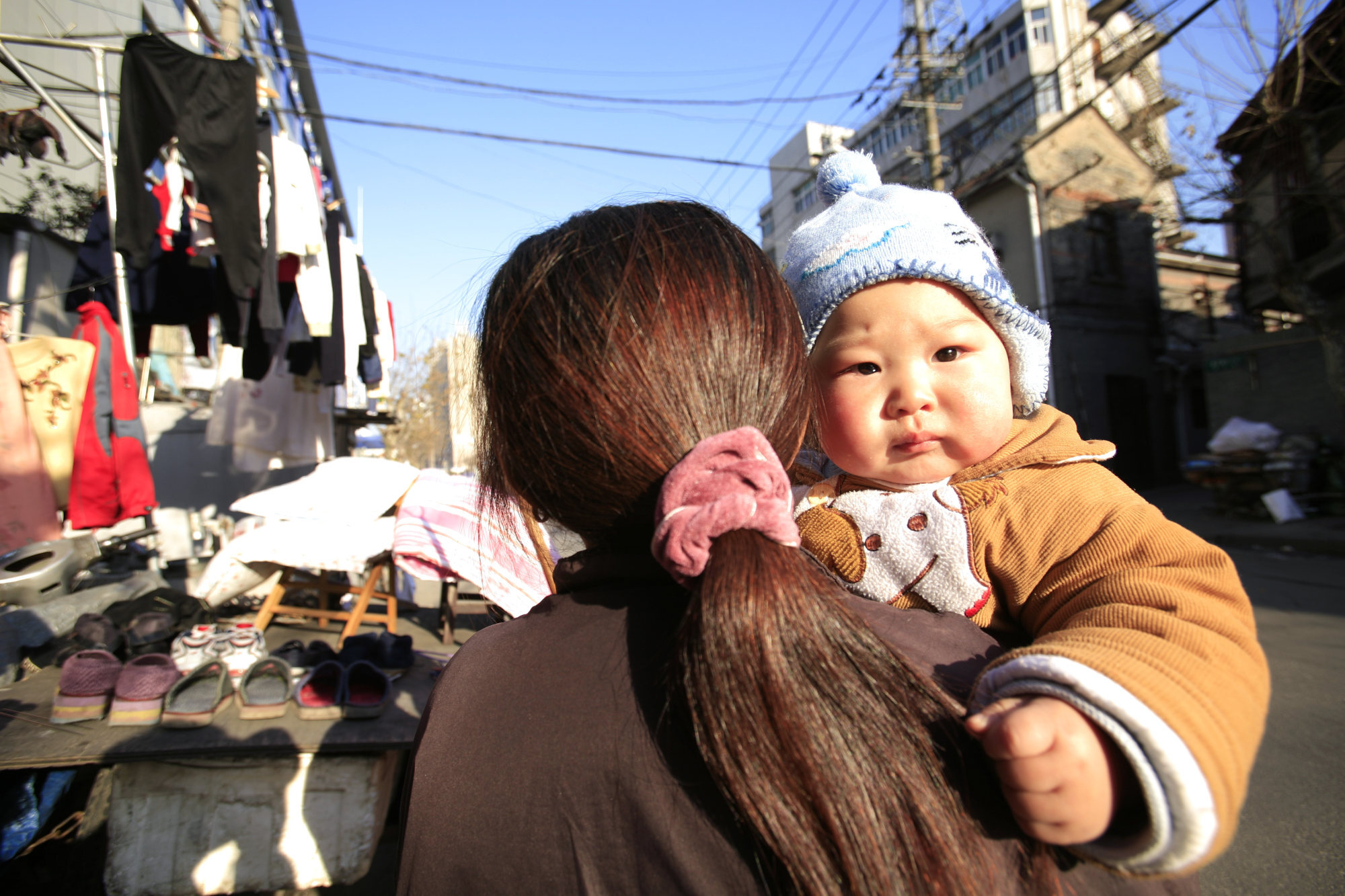
Woman in China fired for taking maternity leave when pregnant wins landmark court case and compensation from ex-employer
- The woman was fired for ‘absenteeism’ after taking three months of maternity leave, despite being legally allowed to take six.
- National laws in China provide 98 days of maternity leave while also giving room for other regions to add days if they choose.
A company that fired a woman for taking too much maternity leave must pay her salary compensation and severance pay, Chinese state media reported on Sunday.
The woman, surnamed Zhong, was fired for “absenteeism” after taking three months of maternity leave, despite being legally allowed to take six. The case was made public at a media conference on March 3 held by the Guangzhou Intermediate People’s Court.
National laws in China provide 98 days of maternity leave while also giving room for other regions to add days if they choose. In Guangdong province, where Zhong was living, local laws allot her an additional 80 days, bringing the total legal length of maternity leave to around 6 months.
The court in the city of Guangzhou, in the southern province of Guangdong, found the company violated the law when they fired her and ordered them to compensate Zhong for the salary of her maternity leave period along with her severance pay.
“During the two sessions meeting, deputies across China are giving proposals to encourage more people to have children,” said Xiaoying Dong, a Guangzhou-based lawyer specialized in women’s reproductive rights.
“Many women don’t realize they get these additional days. This ruling will encourage them to apply for more leave,” she said.
Maternity leave is one avenue authorities are trying to use to reduce the pressures of modern life in China that dissuade young people from having children. The disruptions caused by the global coronavirus pandemic did not help matters.

By 2022, China is expected to become an “aged society,” where one out of seven people will likely be 65 or older. The Chinese government is concerned this will weigh heavily on the country’s economic growth and put unsustainable pressure on the state pension fund.
According to a worst-case scenario proposed by the Chinese Academy of Social Science, a state-run think tank in Beijing, China’s population could start to shrink as soon as 2027.
According to Dong, there will need to be a cultural shift if China hopes to make women feel more comfortable starting a family.
“Workplaces, in general, are unfriendly to women, especially to those who are raising children … many women are afraid to lose their career by having a child.”
In Guangdong, where the lawsuit happened, women enjoy more maternity leave on paper than their peers living elsewhere. Economic centres like Beijing, Shanghai and Zhejiang province only offer 30 extra days, 50 days less than Guangdong.
But in practice, it’s difficult for Guangdong women to enjoy these extra leave days. Local media has reported that employers often reject applications for additional maternity leave.

